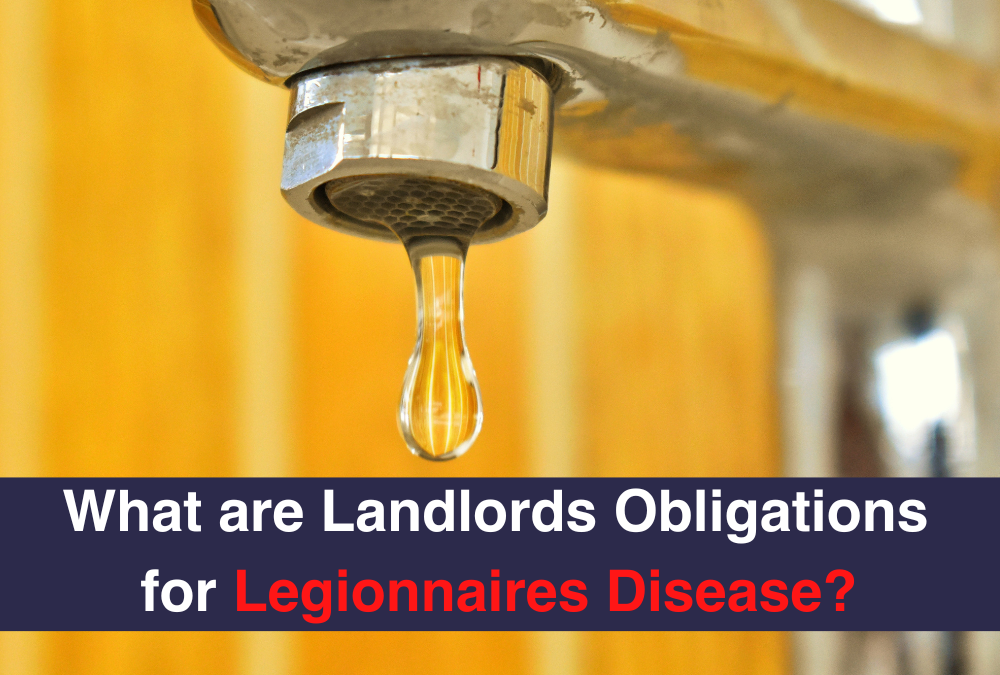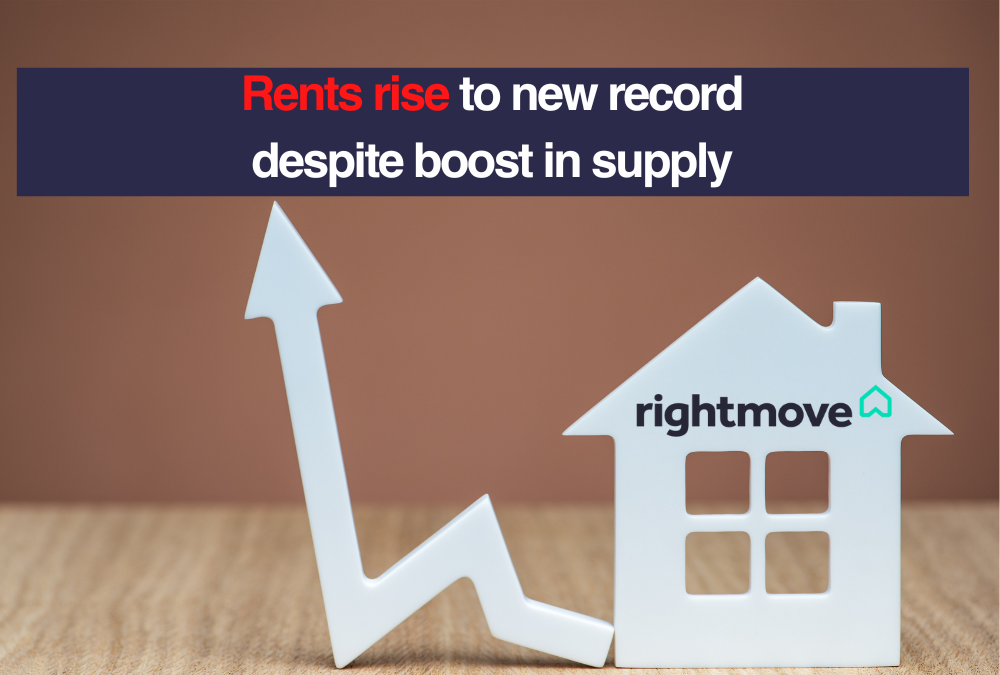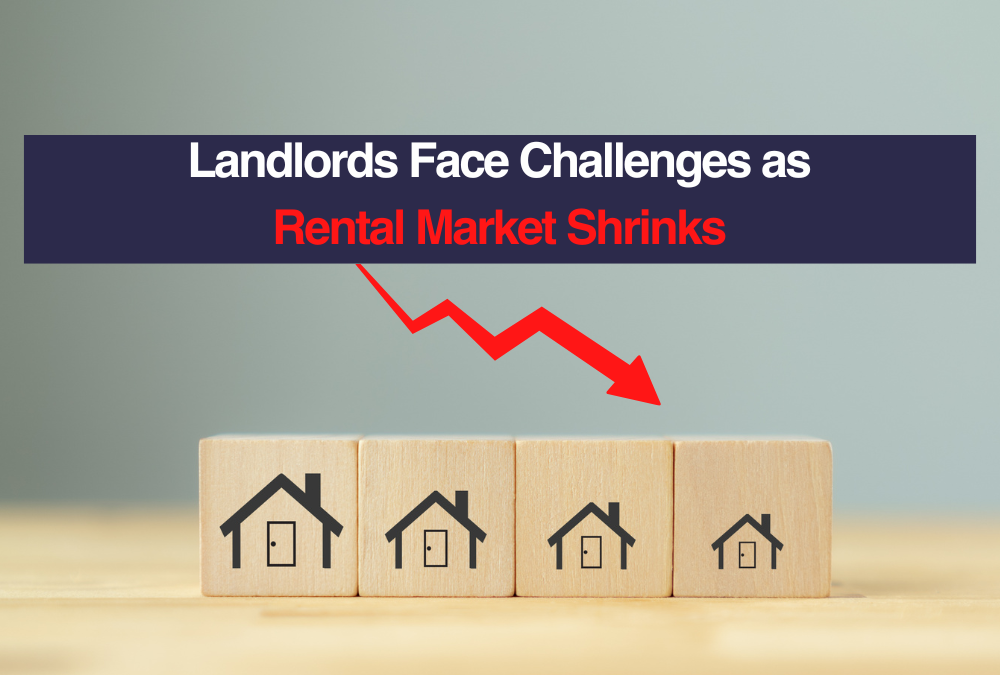Legionnaires’ disease is a potentially fatal form of pneumonia caused by inhaling small droplets of water containing Legionella bacteria. It can be contracted in various settings, including domestic premises.
Landlords have specific obligations to ensure the safety and well-being of their tenants. In this blog, we will explore the responsibilities of landlords concerning Legionnaires’ disease and how it impacts on them providing a safe living environment for their tenants.
Understanding Legionnaires’ Disease
Legionella bacteria thrive in water systems, particularly in stagnant or warm water. When people inhale contaminated water droplets, they can become infected. Symptoms can range from mild flu-like symptoms to severe pneumonia, and vulnerable individuals, such as the elderly, or those with underlying health conditions, are at greater risk.
Landlord’s Legal Obligations
Landlords have a legal responsibility towards their tenants, which includes ensuring that the property they rent is safe and free from health hazards. Legionnaire’s disease is such a health hazard.
What Action to Take
The law currently emphasises that landlords of domestic properties have a duty to assess the risk from exposure to Legionella to ensure the safety of their tenants – however, it also recognises that this may not require an in-depth, detailed assessment.
The risks from simple water systems that are found in most domestic settings are generally considered to be fairly low owing to regular water usage and turnover. In this case a basic risk assessment should suffice.
The requirements are as follows;
- Risk Assessment: Landlords should conduct a Legionella risk assessment on their properties. This assessment involves identifying potential sources of Legionella, evaluating the risk of exposure, and implementing control measures to minimize that risk.
This assessment should be carried out by a competent person, and the findings must be recorded.
The risk assessment should also be reviewed regularly and whenever any element of it changes i.e. Vulnerable tenants move in.
- Water Systems Maintenance: Landlords should maintain water systems, such as hot and cold-water tanks, pipes, and any appliances like showers or taps, in a clean and hygienic condition.
This includes regular cleaning and disinfection if necessary, ensuring water temperatures are maintained at safe levels, and preventing water stagnation.
- Record Keeping: Detailed records of all maintenance and risk assessment activities must be kept. These records should include the date of assessment, actions taken to mitigate risks, and any necessary repairs or maintenance performed.
Proper record-keeping is essential for demonstrating compliance with legal requirements.
- Informing Tenants: Landlords should inform their tenants about the risks associated with Legionnaires’ disease and the measures they have put in place to mitigate those risks.
Providing clear instructions on the proper use and maintenance of appliances like showers can help tenants play their part in preventing Legionella growth.
What if a Risk is Identified
Steps should be taken to deal with any risks identified, and appropriate control measures put in place;
- Keep hot water hot, cold water cold and keep it moving
- Flushing out the system prior to letting a property
- Avoiding debris getting into the system (tanks should have tight fitting lids)
- Set control parameters, eg. setting the temperature of the hot water cylinder (calorifier) to ensure water is stored at 60°C
- Remove any redundant pipework
- Advise tenants of the risks and how to avoid them, eg. flushing out the system after periods of lack of use
Penalties for Non-compliance
Currently HSE and Local Authorities do not routinely inspect domestic premises or ask for evidence that landlords have undertaken a risk assessment for Legionella.
However, if a tenant were to contract Legionnaires’ disease from the water system in their home, the landlord may be liable to prosecution and a fine of up to £20,000. They would have to demonstrate to a court that they had fulfilled their legal duty, so it is important that the Legionella risks are assessed, recorded and controlled.
Legionnaire’s disease is a potentially deadly illness that landlords must take seriously. They should fulfil their legal obligations regarding Legionella risk assessments and prioritise the safety and well-being of their tenants in this regard.
So, whilst a professional risk assessment is not a formal legal requirement, it’s an excellent way to ensure the water in a rented property is safe.
At Horizon Lets we can conduct thorough Legionella risk assessments on our rented properties, to provide peace of mind for our landlords. We also ensure that new tenants are notified of the risks and provide advice for them to follow based on the HSE guidelines.
Related Articles
- Lawful and Unlawful Discrimination – Tenants & Landlords
- Getting the Most Out Of Your Viewings
- Repairs: A Guide for Landlord & Tenants
- Noisy Neighbours Tenant Advice
- Horizon Lets Top 10 Tips for Fire Safety








